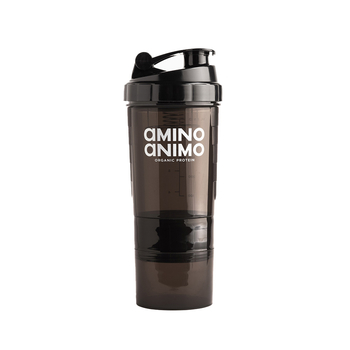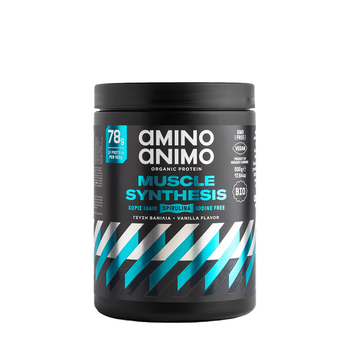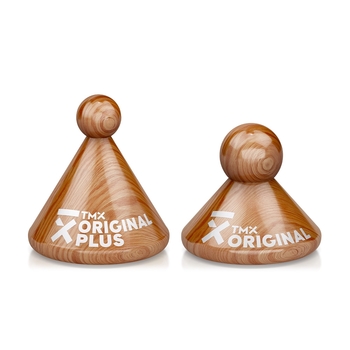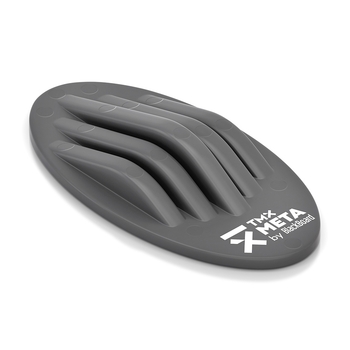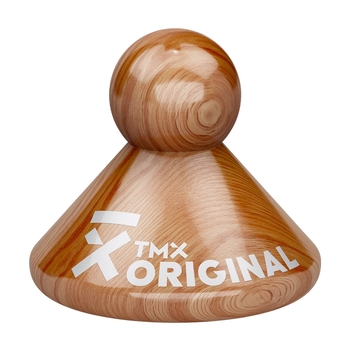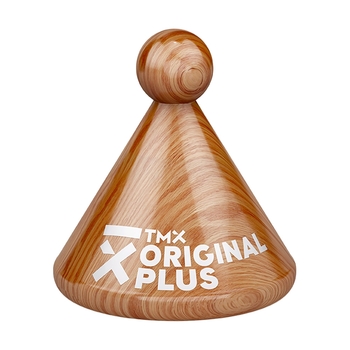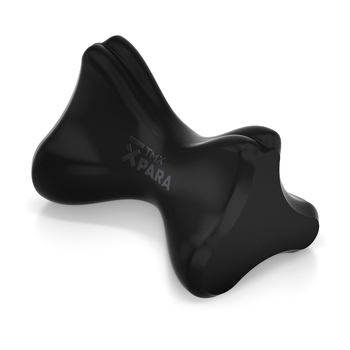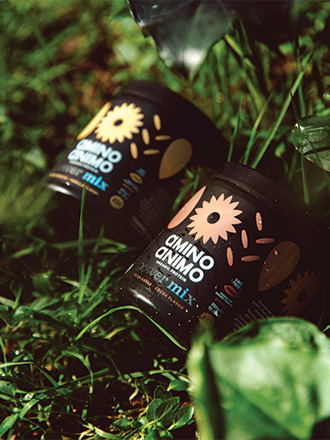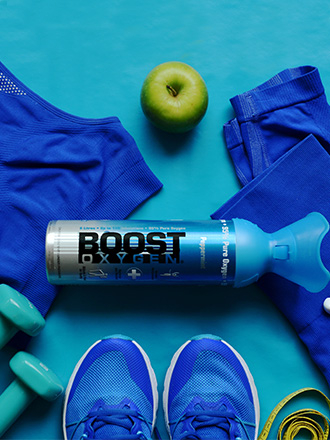5 tips for faster recovery after training
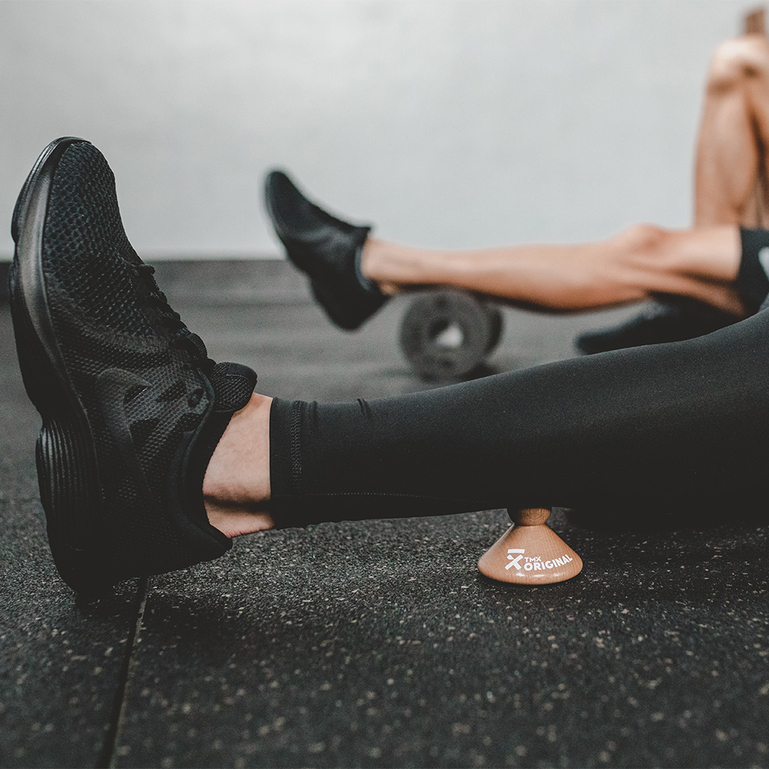
The importance of relaxation after training should not be underestimated. It is not only important, but necessary. Why? Recovery plays a key role in the success of your training. For example, if you are aiming for targeted muscle building, regeneration is essential. In addition, the risk of injury in sport increases if there is no adequate recovery. Nobody wants to get injured, because that usually means a forced break from training.
To ensure your training stays on track, your body recovers and injuries are avoided, here are five tips for recovery after exercise.
TIP 1: Integrate breathing exercises
Consciously breathing in and out contributes to recovery after exercise in different ways. Deep and slow breathing provides the muscles with the energy they need to relax. Breathing exercises can also lower blood pressure and reduce stress. For example, start by breathing in through your nose and out through your mouth. Your belly should rise when you inhale and fall when you exhale. Add small breathing pauses, but be sure to pay attention to your body's signals and respect its limits.
TIP 2: Take time for stretching exercises
Even if you want to go straight home and onto the couch after training, it is advisable to take your time to stretch. Lowering your muscle tone allows your muscles to relax. Stretching is therefore recommended after most types of sport, ideally combined with a light run-out. Whether you should stretch before exercise depends on the type of sport and your individual flexibility.
TIP 3: Shower with warm water
Warm water is not only good after outdoor sports in winter, it can also prevent sore muscles and promote muscle relaxation. Although the temperatures are still quite low at the moment, most people sweat during their workout. A warm shower after training, without cooling down beforehand, counteracts tension. Blood pressure also drops slightly as the blood vessels dilate. Warm showers in the evening also make you tired and promote sleep.
TIP 4: Relaxing massages and mobilisation
Massages after sport feel like a blessing - they can prevent sore muscles and improve muscle regeneration. Unfortunately, hands and feet are often neglected, even though they are subjected to a lot of strain during many popular sports. The TMX META foot trigger, for example, is ideal for soothing foot mobilisation. This not only mobilises your feet, but also has a preventative effect against annoying foot complaints such as heel spurs or plantar fasciitis. Don't forget your feet. They are the basis for a balanced anatomy.
TIP 5: Give your body back important nutrients
While it is best not to eat a main meal for at least 2 hours before exercise, eating after exercise is particularly important. To help your body recover optimally, it's best to eat a mixture of easily digestible carbohydrates and high-quality proteins. It is also important to replenish your fluid balance during and after training. Minerals are lost through sweating, which you can replenish with the right drinks such as mineral water.
Conclusion
Sport is healthy - but full dedication and maximum performance require a rested body. Among other things, you can help your body to regenerate through breathing exercises, stretching, warm showers, massages and mobilisation exercises as well as a balanced diet. It is important to keep an eye on your recovery. The motto "keep going on and on" may sound ambitious, but it is not effective and is very unhealthy in the long term.
